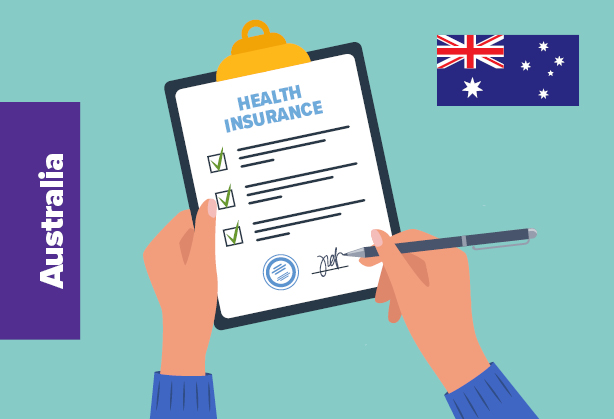
How the New HECS and HELP Changes Affect Your Pay
The ATO will automatically reduce your outstanding HECS or HELP debt by 20 percent. This applies to all borrowers with active student loans, backdated to 1 June 2025. Any indexation applied to your debt will also be adjusted. You don’t need to take any action, but you can check your updated balance through your myGov account.
Previously, compulsory repayments started at $54,435 per year. This has now increased to $67,000. Graduates earning less than this amount are not required to make compulsory repayments. For those earning just above the threshold, repayments will now be smaller and more manageable.
Graduates earning around $70,000 a year can expect fortnightly repayments to drop by approximately $50. Over a year, this adds up to around $1,300 in savings. Combined with the 20 percent reduction applied to the outstanding debt, this can reduce the total student loan burden by thousands of dollars.
Once your loan reaches a zero balance, compulsory deductions from your pay will stop. To ensure this happens, you must complete a withholding declaration with your employer, ticking “no” when asked if you have a HECS, HELP, VET Student Loan, or other student loan debt. After this, your employer will no longer withhold extra tax for student loan repayments, which could increase your next pay cheque.
The change in repayments will vary depending on your salary and previous contribution levels. Those earning less than $67,000 may not have compulsory deductions at all, while higher earners will see reduced amounts taken from their pay.
If you overpaid your HECS or HELP debt during the previous financial year, the ATO will calculate the overpayment and refund it when you lodge your tax return. This ensures you benefit fully from the new rules without needing to adjust past contributions manually.
These reforms make repayment more manageable and reduce financial pressure for millions of Australians with student loans. By automatically lowering debt and raising the income threshold, graduates will see immediate improvements in their take-home pay and overall financial wellbeing.



